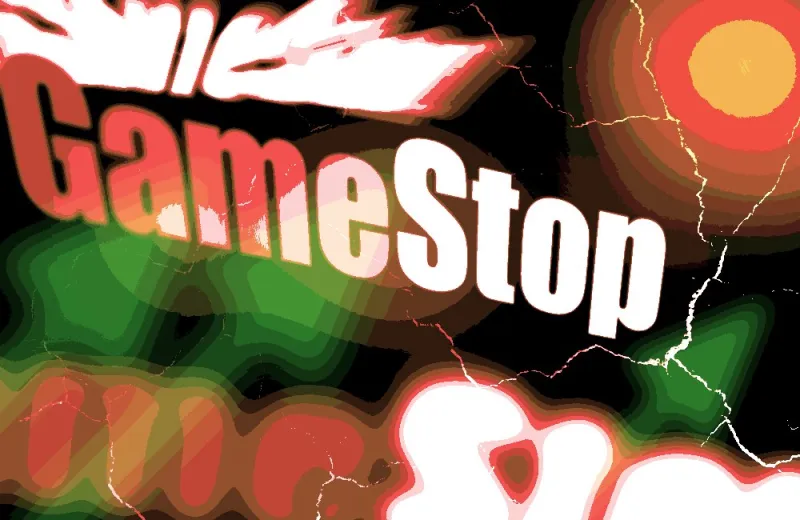Carl Icahn’s big short of GameStop — the famous meme stock that took down hedge fund Melvin Capital — looks to have been quite profitable. But it hasn’t kept him from losing money in Icahn Enterprises’ internal hedge fund over the past two years, even when the big gains were made in 2021.
Last week, Bloomberg reported that Icahn put on his GameStop short at the peak of its trading frenzy in early 2021.
The hedge funds that were short GameStop before the frenzy lost $10 billion in the squeeze that saw the stock soar as high as $483 per share, according to a recent report by S3 Partners. But anyone who shorted GameStop near the top “is sitting on a large mark-to-market profit,” according to Ihor Dusaniwsky, managing director of predictive analytics at S3 Partners. The stock has fallen 71 percent since the peak, and those who got in near the top made more than $4 billion in 2021 and $152 million this year.
Icahn was among those who profited, according to Bloomberg, which also reported that he is still short the brick-and-mortar retailer. Overall, however, Icahn’s shorts lost $1.3 billion in 2021, contributing to a net loss for Icahn Enterprises of $518 million that year.
The size of Icahn’s GameStop short — and his profits — aren’t known. But Dusaniwsky said Icahn’s “large mark-to-market profits and large capital base which can be used to offset any temporary margin calls or high stock borrow financing costs make it unlikely that he would be forced to exit his position.”
Icahn Enterprises has been net short for all of 2022, and during the past two quarters it lost money. As of September 30, Icahn’s hedge fund had a net short notional exposure of 54 percent — which breaks down to 66 percent long and 120 percent short — and had lost 1.9 percent for the quarter. During the second quarter, the fund had a net short notional exposure of 28 percent (72 percent long and 100 percent short) and lost 4.8 percent. Those losses totaled $299 million. (The losses were offset by gains of $414 million in this year’s first quarter.)
Dusaniwsky said it would be difficult to squeeze GameStop shorts [like Icahn] out of their position now, “especially when doing so would trigger large realized profit tax payments.”
The news that Icahn was shorting GameStop led to a bump in shorting activity in recent days. According to S3 Partners, there was a 2.7 percent increase in shares shorted, amounting to $30 million worth, and the stock fell 22.5 percent.
GameStop’s short interest hit $1.33 billion last week, or 52.86 million shares, with a short interest of 20.5 percent. That’s still low compared with the historical high short interest of $8.89 billion on January 27, 2021, when 102.32 million shares were shorted. (At the beginning of that month, some 140 percent of the float had been sold short, leading to the famous short squeeze. By month's end, GameStop short interest had slid to 50 percent.)
But don’t expect more short selling of GameStop, accorinding to Dusaniwsky. “There will not be a barrage of new GME short selling to drive down its stock price as stock loan supply is severely limited with over 95 percent of available stock borrows already used to cover short sales.”
Said Dusaniwsky, “There are three million shares left to borrow on the street and if short selling demand increases, the cost to borrow GME stock will spike.”







